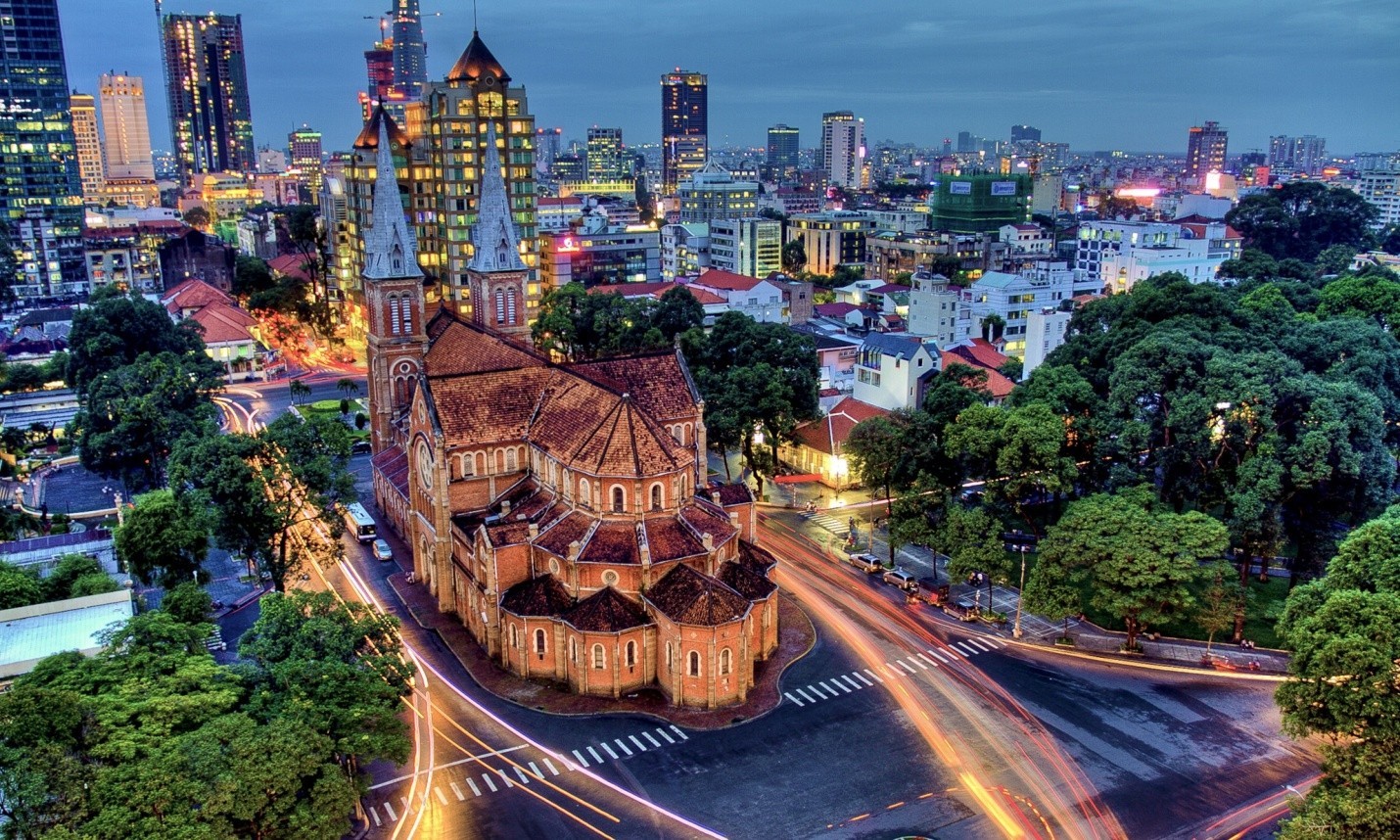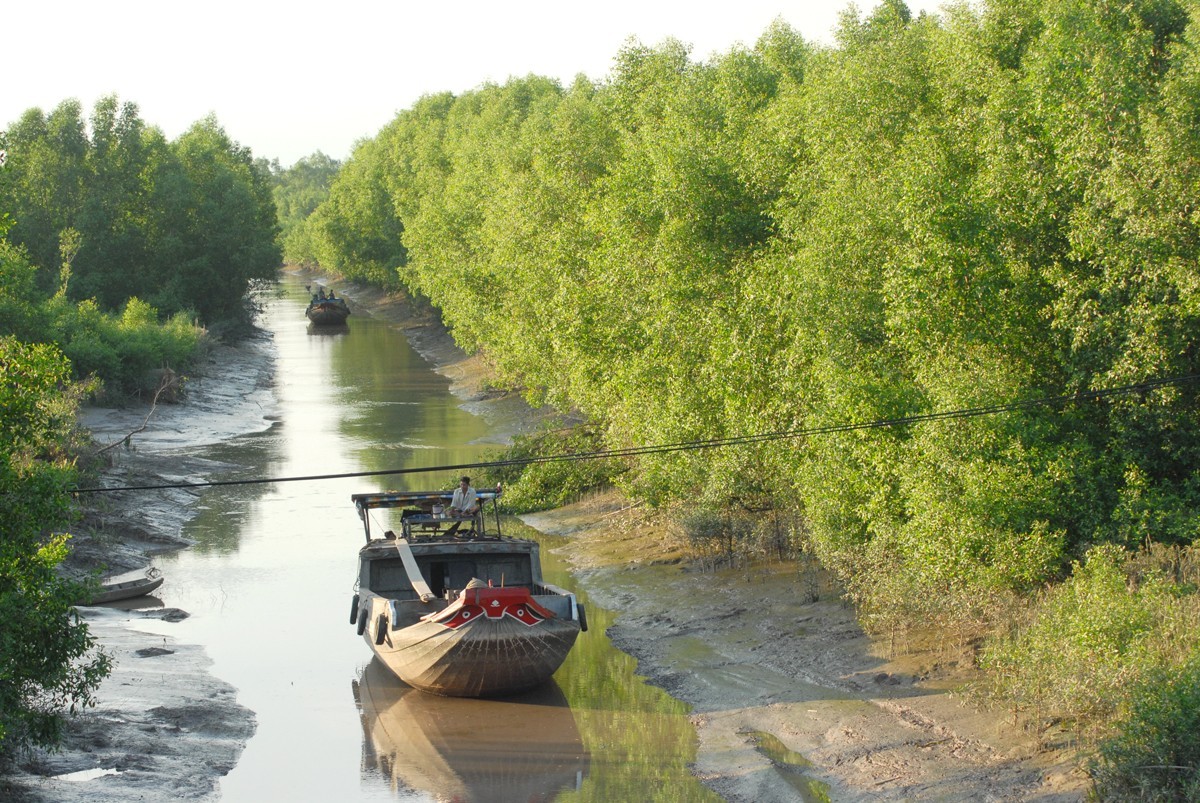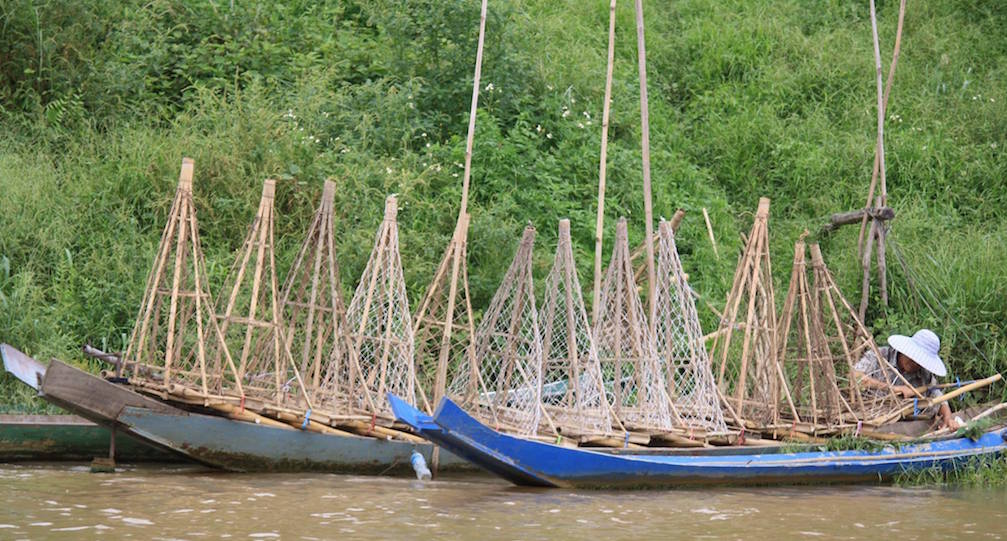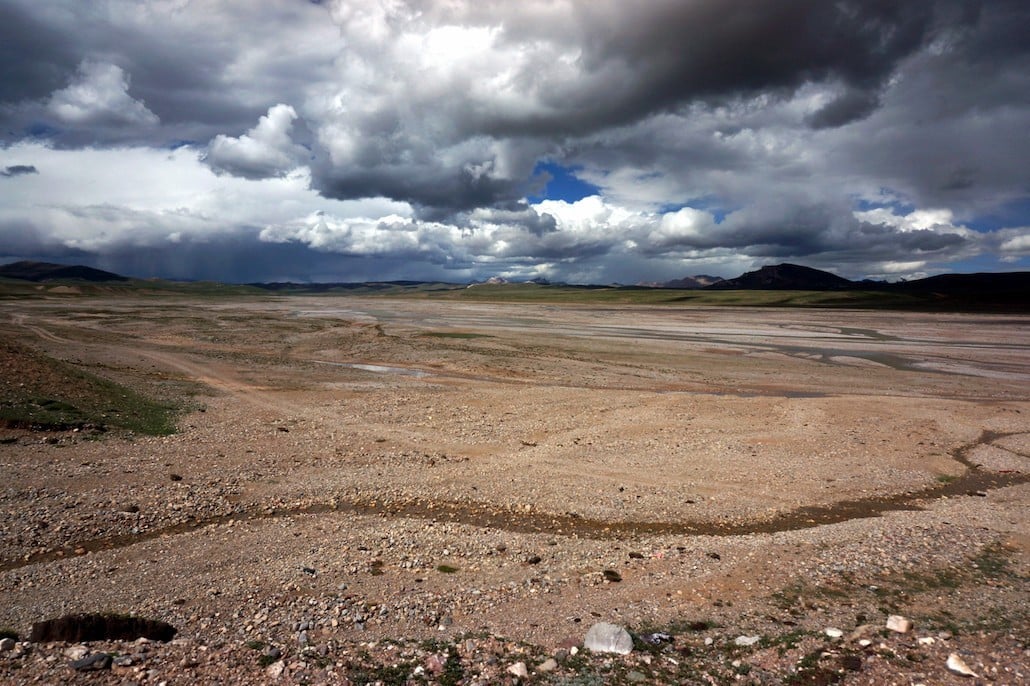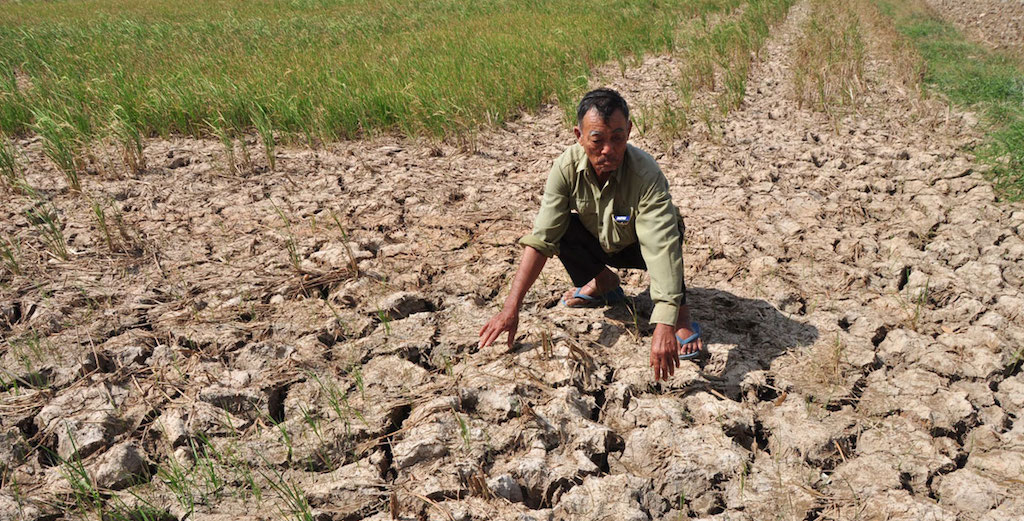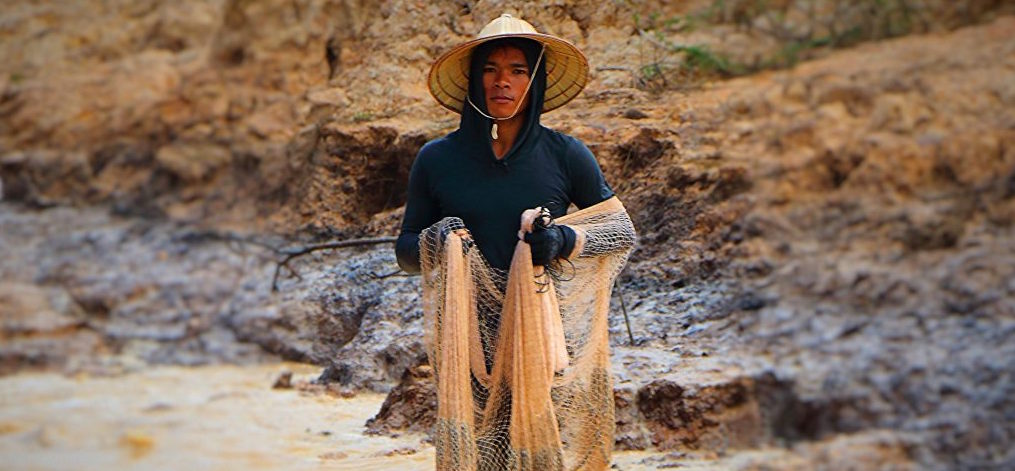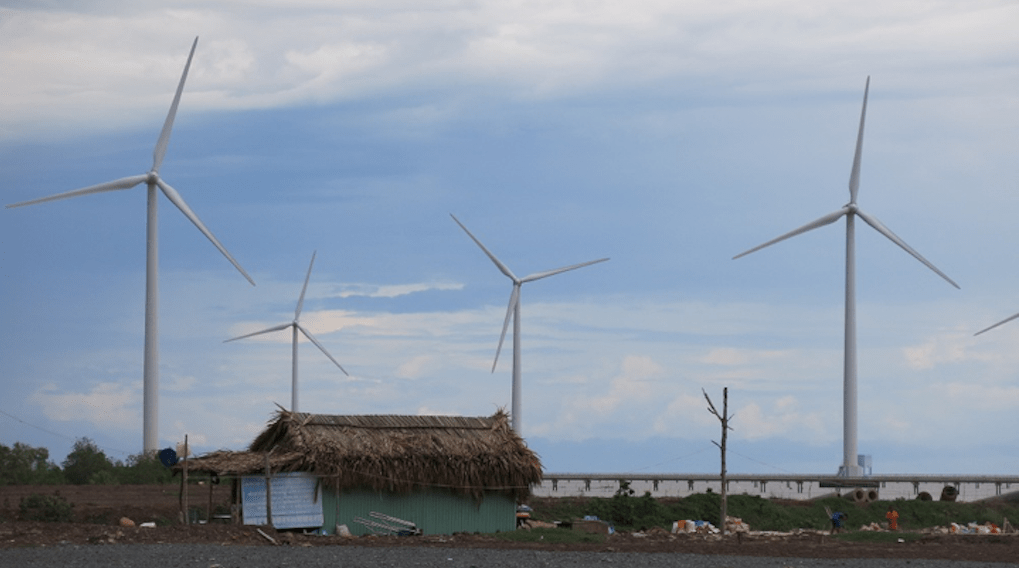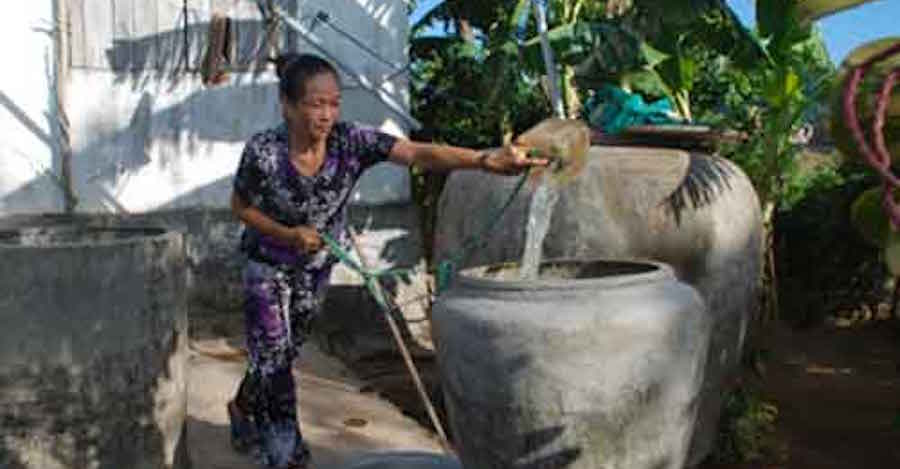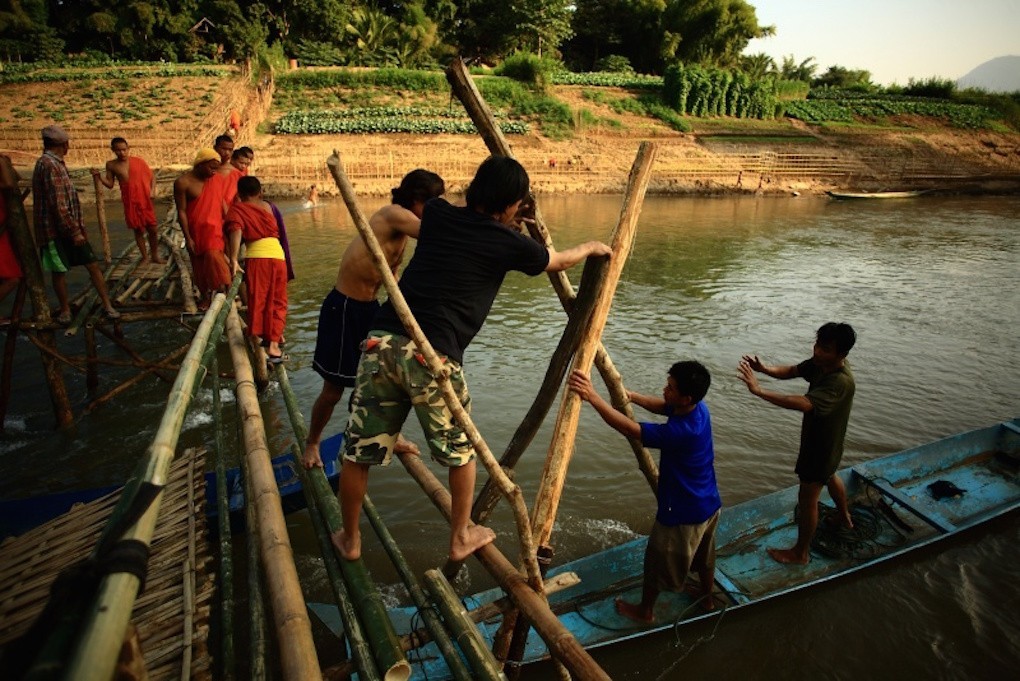A green economy does not mean a major trade-off between growth and sustainability, Tomaso Andreatta, chairman of EuroCham Green Growth Sector Committee insists.
Category: Viet Nam
Mekong Delta sinks into the sea
The Mekong Delta is sinking 2.5cm every year because of ground water extraction and unreasonable planning and constructions on the surface.
Cambodia’s Sambor Dam Plans Causes Controversy as Public Left in the Dark
The Cambodian government has signaled its commitment to the hydroelectric project, but little information has been made available.
Rebuttal to MRC CEO Statement: “Hydropower Development Will Not Kill the Mekong River”
US-based Viet Ecology Foundation responds to MRC CEO recent media interview on the future of the Pak Beng dam project.
Source of Mekong, Yellow and Yangtze rivers drying up
National park could help save the headwaters of the Tibetan plateau that are evaporating because of climate change, says Chinese geologist Yang Yong
Is Vietnam in for Another Devastating Drought?
Right now in coastal provinces around the Delta, thousands of farmers, especially those who miserably suffered during last year’s historic drought, are mobilizing to prepare for another similarly devastating drought, which is expected to arrive in the Delta in a few weeks.
New study shows significant impact of Chinese dams on Mekong
Large dams on the Mekong River in China’s Yunnan Province have considerable impacts on downstream river flows, new research by myself and colleagues at Aalto University in Finland and published recently in the Journal of Hydropower has shown.
Ambitious Green Energy Plans in Vietnam and Cambodia proceed at snail’s pace
During the 2016 United Nations Framework Convention on Climate Change in Marrakech (COP 22) Vietnam and Cambodia professed their commitment to do their part to reduce CO2 emissions. Noting that they are both on the front lines globally in facing impacts from a warming atmosphere, the two neighbors agreed to transition their entire electricity generating portfolios to renewables.
Mekong Delta 2016: historic drought, saline intrusion destroys crops
In the first months of 2016, when the north saw record spells of cold, the central and southern regions suffered a historic drought and saline intrusion caused by El Nino.
Beyond Sustainable Development for ASEAN
In view of various climate change phenomena, how can economies develop sustainably? Specifically, can economies grow while giving equal consideration to the tri-nexus of economy, environment and society? It is a question confronting policymakers in Southeast Asia on a recurring basis.


